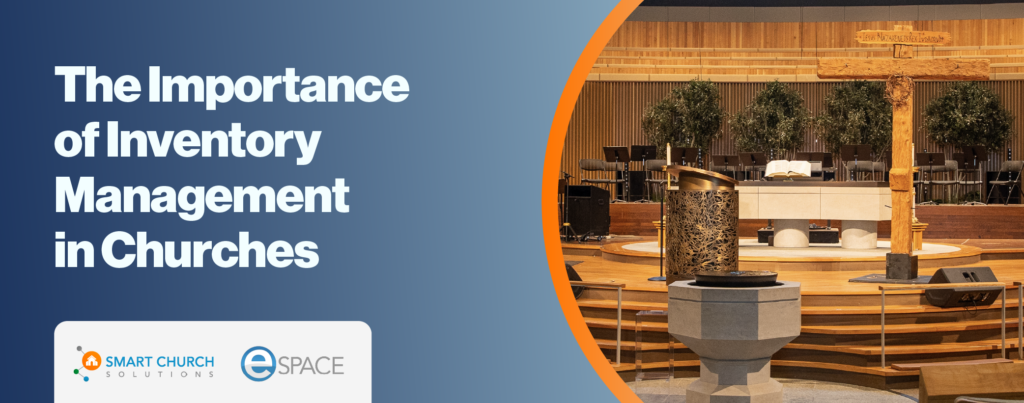Most of you know that I was raised in a pastor’s home. (Yep, I am one of those pastor’s kids.) My dad never pastored a church that was much larger than 150 people. For most of his churches, he was the only full-time staff. And you know what that means.
My dad had to wear multiple hats. I remember going to the church facility on Saturday afternoons to dust pews and the communion table, run the vacuum, and take out the trash. I also recall my dad building furniture and helping the carpenters construct the building.
Why am I telling you that? Because I want you to know that I understand the value of “qualified” volunteers. I appreciate well-intended church members that want to help the church by donating time for tasks around the church facility. And, I truly understand that many — if not most — churches simply do not have the budget to hire out jobs.
I Understand the Need For Volunteers. BUT…
Let’s look at using volunteers to perform tasks and services on a complex commercial building. Church facilities are not a house (though they are the House of God). They are complex commercial structures that require professional engineering.
Let’s dive into this topic more by answering the following questions:
- How often do hospital administrators ask for volunteers to paint a surgical wing?
- How many office developers ask for volunteers to cut the grass?
- Have you ever bought groceries at a store and had the store manager ask you if you could check the roof condition on your way out?
My guess is that you would answer “no” to all three of the above. I also can hear many of you rolling your eyes and thinking these examples are ridiculous. “I mean, come on, Tim. These for-profit companies have staff and budgets to pay people for these tasks.”
So, should a 100,000-square-foot complex office building be maintained better than a 100,000-square-foot church? I don’t think so. However, I will concede that an office building may generate profits to cover these costs. But, I would contend that they also budget for these expenses.
Luke 14:28-30 talks about “finishing” the building of a tower. I believe this is far more than finishing the initial construction but instead finishing the life cycle of the tower, which means maintaining the tower. Don’t start building the tower if you do not plan to finish the life cycle.
Why You Need a Facility Manager
Yes, most church staff are not qualified facility managers. However, that is not an excuse not to hire a professional facility manager. And if you can’t afford to hire one, refer to the above. That indicates that you may not have adequately planned from the beginning. (Just saying.)
We recently learned of a church that has a 250,000-square-foot facility with one facility staffer to manage and maintain that entire facility. Now, let’s think about this. Would a business make that kind of unwise decision? Probably not.
The Church universally talks about being good stewards. We talk about being wise and prudent with what God has entrusted to us. And yet, we relegate volunteers to manage, clean, maintenance, repair, plan, and so on our complex commercial buildings.
Time for a mind shift.
Looking for guidance on where to start? Reach out to our team today.








